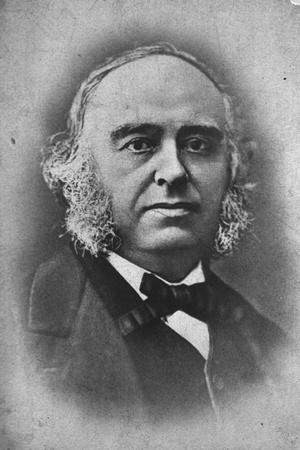From a study by Amir Lahav and Gottfried Schlaug:
A new imaging study shows that when we learn a new action with associated sounds, the brain quickly makes links between regions responsible for performing the action and those associated with the sound.The findings may contribute to understanding how we acquire language and how we think of actions if we only hear their sounds, say authors Amir Lahav, ScD, and Gottfried Schlaug, MD, PhD, of the neurology department at Beth Israel Deaconess Medical Center and Harvard Medical School. Their work is described in the January 10 issue of The Journal of Neuroscience.”The findings have implications for understanding many complex processes, such as speech and music performance,” says Robert Zatorre, PhD, “and they could encourage research into rehabilitative strategies using sound-movement tasks.” Zatorre heads the auditory cognitive neuroscience laboratory at McGill University.
The authors also suggest that their findings provide evidence for the existence of a mirror neuron system in humans. Mirror neurons, first described in monkeys, are active not only when the monkey performs an action, but also when it sees the action performed by others or only hears the sound associated with the action. Some scientists debate their existence and function in humans.
The researchers taught nine subjects with no previous musical training to play a five-note, 24-second song on a keyboard. Then they ran functional magnetic resonance imaging (fMRI) scans while the subjects listened to the song they had just learned, a different song using the same five notes, and a third song made up of additional notes.
When the subjects listened to the familiar music, their brains showed activity in a network of areas in the frontal and parietal lobes that are involved in the control of movements. The authors note that Broca’s area, the human equivalent of the area in the brain where mirror neurons were found in monkeys, was particularly active when subjects listened to music they knew how to play compared with equally familiar music they did not know how to play. [emphasis added]
“Mirror-neuron circuits appear to encode and reflect templates for specific actions,” the authors say. “This may allow us to comprehend motor acts when they are observed or heard, without the need for explicit reasoning about them.” The authors also suggest that the sound-related functions of a mirror-neuron system “might have developed for survival reasons, allowing us to understand actions even when they cannot be observed, but can only be heard, as when we hear footsteps in the dark.”
This study is significant in two ways: first, it proves the existence of mirror neurons; second, it shows causation in brain connections associated with music activity. In case you didn’t get the explanation above, mirror neurons allow our brains to rehearse or reason out specific physical movements, like a dancer practicing moves in his or her head. The other argument is even more persuasive: for years people have been speculating that the differently-structured brains of musicians are what might lead people to study music, rather than that music shapes the brain. Here is yet another proof that learning to play music does physically alter the brain.
